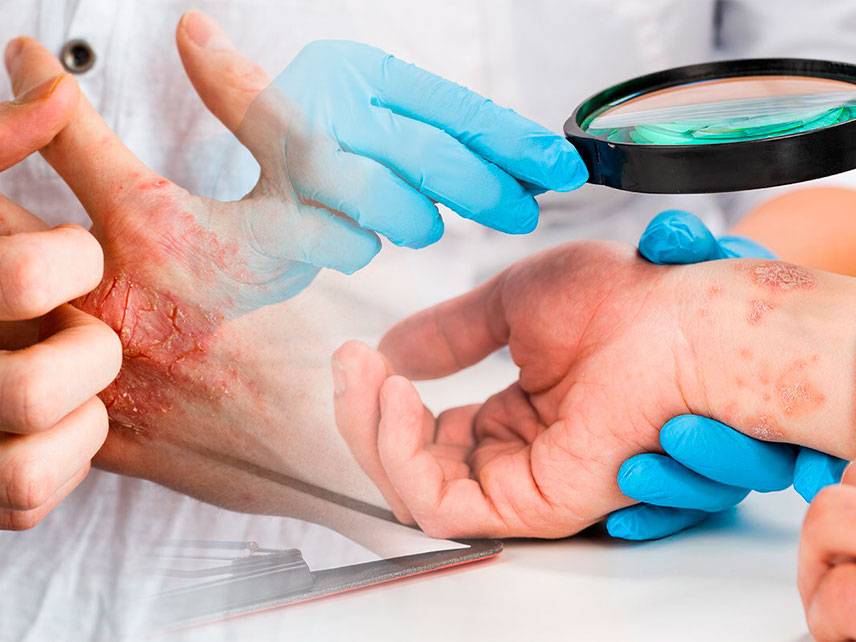Eczema is a skin condition that causes red, itchy, and dry skin. It is also known as atopic dermatitis and is commonly found in both children and adults. Symptoms of eczema vary from person to person and can range from minor to severe. If left untreated, it can lead to skin irritation, inflammation, and a weakened immune system.
Signs and Symptoms
The most common symptoms of eczema include red, itchy, and dry skin. It can also cause blisters, crusting, and cracking of the skin. In more severe cases, the skin can become infected, resulting in pain and swelling.
Causes
The exact cause of eczema is unknown, but it is believed to be related to the body’s inability to produce enough of the natural oil that helps keep the skin hydrated. Other factors that may contribute to eczema include allergies, stress, and certain environmental conditions.
Risk Factors
People who have a family history of eczema, asthma, or allergies are more likely to develop the condition. In addition, people who live in urban areas with high levels of air pollution and allergens are also more likely to experience eczema flare-ups.
Prevention
There is no surefire way to prevent eczema, but there are steps you can take to reduce your risk of developing the condition. These include avoiding triggers such as harsh soaps and detergents, wearing loose-fitting clothing, and avoiding extreme temperatures.
Diagnosis
Eczema is usually diagnosed based on a physical exam and the patient’s medical history. Your doctor may also perform a skin biopsy to determine the type of eczema and its severity.
Treatment
Treatment for eczema will depend on the severity of the condition. For mild cases, a moisturizer or medicated cream may be used to relieve itching and reduce inflammation. For more severe cases, topical or oral medications may be prescribed. In some cases, light therapy may be recommended.
Coping and Support
Living with eczema can be challenging, but there are ways to cope. Talking to a therapist or joining a support group can help you manage stress and learn how to better manage your condition.
Complications
If left untreated, eczema can lead to skin infections, which can be serious and even life-threatening. In addition, people with eczema are more likely to develop other skin conditions such as psoriasis and atopic dermatitis.
Living with Eczema
Living with eczema requires daily care and attention. It is important to follow your doctor’s instructions and use the recommended treatments to manage your condition. It is also important to take steps to reduce your risk of skin infections. These include avoiding triggers, wearing loose-fitting clothing, and keeping your skin properly hydrated.
Eczema is a chronic condition, but with proper management, it can be effectively controlled. By following your doctor’s instructions and taking steps to reduce your risk of flare ups, you can live a happy and healthy life.





